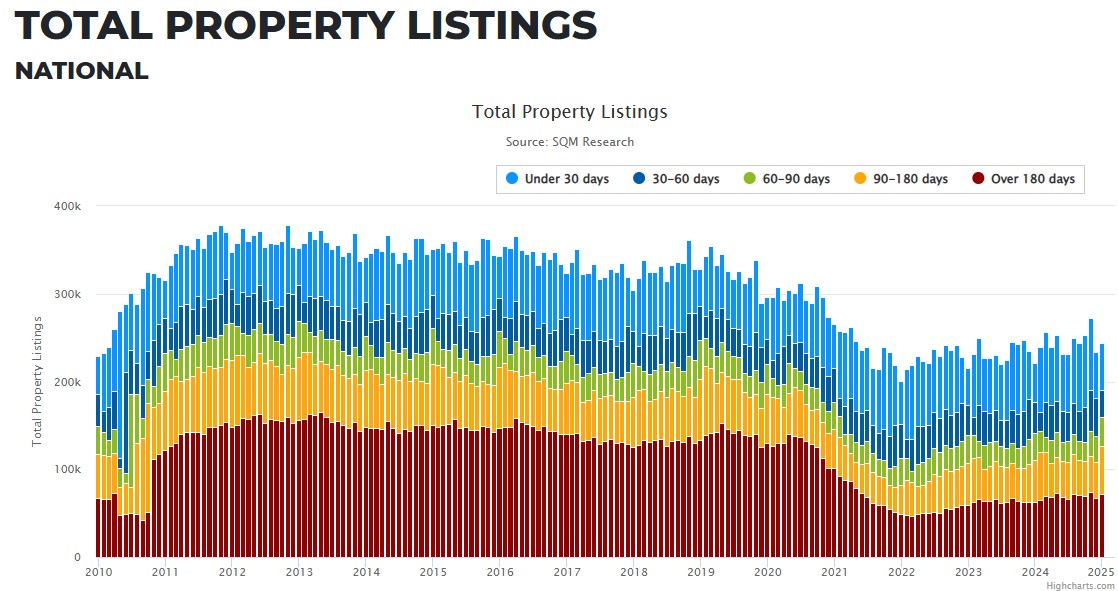

As Australia approaches its federal election, scheduled to occur before May 17, prospective property buyers are faced with the decision of whether to buy now or wait.
Peter Gavalas (pictured above), a buyer’s agent at Resolve Property Solutions in Perth, said that the months leading up to an election might be an opportune time for well-prepared buyers to enter the market.
Historically, the period leading up to an election sees a decrease in property listings.

Sellers often delay decisions due to uncertainties about how potential government changes and their policies might affect the housing market.
“Typically, we see the number of listings drop in the months leading up to an election,” Gavalas said. “This is because sellers are waiting to see if a change of government – and the new policies that come with it – will have an effect on the price of housing.”
Data from past elections, such as the 6.3% drop in listings from March to April 2019, support this trend.
The 2022 election presented an exception to typical patterns due to the pandemic-induced supply shortage. However, the underlying trend of reduced listings providing opportunities for decisive buyers persisted.
The reduction in listings can lead to increased competition among buyers, yet it also presents a chance for those ready to act.
Sellers eager to close deals before the election may be more open to negotiations, providing an advantage to proactive buyers.
“Sellers who are looking to move before the election may be more motivated to negotiate and close deals quickly, especially if they are uncertain about future market conditions,” Gavalas said.
With election-induced market fluctuations, Gavalas advises buyers to prepare thoroughly to capitalise on opportunities. Ensuring financial arrangements like loan pre-approvals are in place and employing a buyer’s agent can significantly strengthen a buyer’s position.
“For those who are prepared to act quickly, they might find themselves in a stronger negotiating position, especially if they are able to move faster than others in this time-sensitive period,” he said.
While the election is a significant factor, Gavalas highlighted the importance of staying aware of broader market trends, such as potential changes in interest rates and ongoing supply challenges.
“It’s important not to get too stuck on the potential effect of the election,” he said. “For example, interest rates are likely to come down sometime in 2025. If this happens, we could see improved affordability for many buyers leading to renewed market activity that may also put upward pressure on prices.”
Looking beyond the election, the market is expected to stabilise, offering additional opportunities for buyers who understand market dynamics or have expert guidance.
“If a buyer knows how to read the market, or engages a buyer’s agent to help them, there are plenty of opportunities to find good purchases over the next few months and after the election,” Gavalas said.
